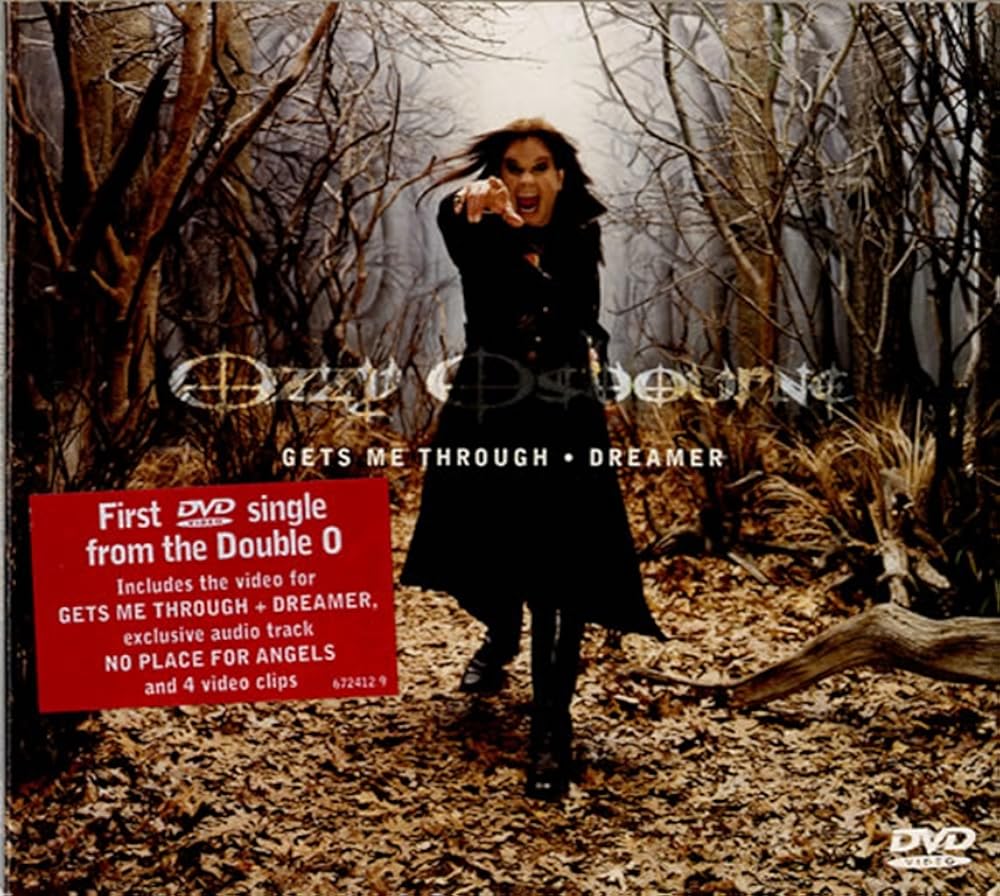
About the Song
When most people hear the name Ozzy Osbourne, they think of the “Prince of Darkness,” the wild frontman of Black Sabbath, or the unpredictable figure from television screens. But behind the shocking headlines and the hard rock legacy lies a man with a heart full of reflection, vulnerability, and unexpected tenderness. Nowhere is that more apparent than in the poignant ballad “Dreamer.”
Released in 2001, “Dreamer” stands apart from much of Osbourne’s work. Instead of pounding guitars and roaring vocals, listeners are greeted with a haunting piano melody and lyrics that speak to deep concern for the future of our world. It’s not the voice of a rebel shouting into the void, but of a thoughtful artist quietly pleading for understanding.
The song opens with a soft, almost fragile piano line, followed by Osbourne’s voice—aged, weathered, but sincere. “Gazing through the window at the world outside…” he sings. In just a few words, he sets the scene: a man looking out at a planet he no longer recognizes, a world torn by conflict, greed, and disregard for the environment. Yet rather than falling into despair, the tone of the song turns inward, reflecting on what it means to hope, to believe, to dream.
Osbourne has admitted in past interviews that “Dreamer” was inspired by his fears about the future—especially for the next generations. There’s a childlike quality to the way he expresses these concerns, not in technical or political terms, but in plainspoken language that resonates deeply. It’s as if he’s saying, “I may not have all the answers, but I feel what’s coming—and I care.”
This sense of care is one of the most striking elements of the song. The lyrics, “I’m just a dreamer, I dream my life away,” might sound simplistic at first, but they carry a weight that becomes clearer with each listen. In a world that often mocks those who hold onto hope, Osbourne dares to stand with the dreamers. He acknowledges the pain of watching the world stumble, but he refuses to give up on it.
The accompanying music only adds to the emotional pull. Subtle strings and a soaring chorus elevate the song without overwhelming its core message. It’s a ballad, yes, but one wrapped in atmosphere—both beautiful and melancholic. There’s a sincerity here that’s rare in mainstream rock, especially from someone whose image has long been defined by theatrics and controversy.
What makes “Dreamer” even more compelling is the contrast between the singer and the song. It challenges the listener’s expectations. Here is Ozzy Osbourne, the same man who once bit the head off a bat on stage, now singing about the fragility of the Earth and the hope for a better tomorrow. It’s unexpected—and all the more powerful because of it.
For older listeners, especially those who’ve lived through decades of cultural shifts and musical revolutions, “Dreamer” strikes a particularly resonant chord. It speaks to a longing that many understand: the desire for peace, for a world where future generations don’t inherit the same mistakes. Osbourne doesn’t offer solutions—but he offers his voice, his emotion, and his plea for compassion.
In the end, “Dreamer” is not just a song. It’s a quiet confession, a gentle rebellion against apathy, and a reminder that even the loudest voices can whisper the deepest truths.